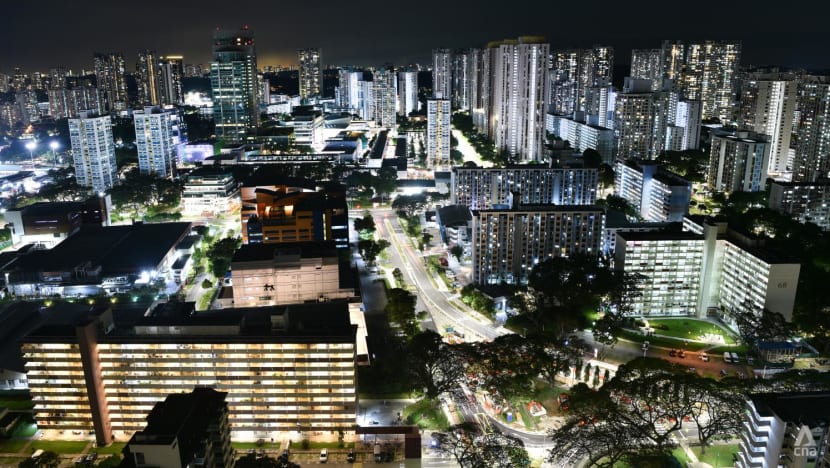- Joined
- Oct 30, 2014
- Messages
- 36,768
- Points
- 113

SINGAPORE: The Energy Market Authority (EMA) will be able to implement power rationing as a “last resort” during a crisis, with priority given to critical services, after a Bill to support the country’s energy transition was passed on Monday (Sep 9).
A Future Energy Fund, announced during this year’s Budget, will also be part of measures to spur Singapore’s transition towards clean energy.
Four other key proposals were introduced in the Energy Transition Measures and Other Amendments Bill aimed at securing and stabilising Singapore's energy supply.
The law was passed after 10 Members of Parliament (MPs) rose to seek clarifications.
WHAT IT IS ABOUT
The law introduced proposals to do with infrastructure planning and development, create new market mechanisms and safeguard energy security.
Second Minister for Trade and Industry Tan See Leng said that power rationing may be needed to maintain power system stability in the event of a severe and protracted disruption to all of Singapore’s gas imports.
Households and businesses will be given as much advance notice as possible and residents will have access to power for their daily needs, even as services such as medical and telecommunication are given priority.
Businesses will not be liable if they do not meet their obligations when complying with EMA’s directions on power rationing.
The rationing measures will be lifted once the situation improves.
“Power rationing is only a last resort. It is one part of Singapore’s preparation for an increasingly uncertain world, and I hope we will never have to use it,” said Dr Tan, who noted that the UK has also introduced power rationing as part of its energy resilience strategy.
Besides power rationing, the law also establishes the Future Energy Fund for investments in clean energy projects that may have high upfront costs, and significant commercial, technological and geopolitical risks.
The initial injection will be S$5 billion (US$3.8 billion) in FY2024, with further top-ups in the years to come.
Other proposals include:
Allowing EMA to direct owners and occupiers of critical energy infrastructure to give electricity and gas licensees access to the infrastructure, which can include waterfront jetties and transmission cables
Requiring approval from EMA when repurposing electricity and gas assets
Allowing EMA to recover costs associated with initiatives it introduces for the sake of energy security, market development and decarbonisation. MTI said EMA will only introduce new initiatives when necessary and the ministry must approve new rates proposed, adding that EMA will not seek to make any profit
Requiring prescribed power generation companies to procure gas solely from a central gas entity - known as Gasco for now - unless otherwise allowed. Gasco is expected to be set up as a government-owned company by the end of the financial year and will procure and supply gas to the power sector, creating greater economies of scale. Singapore had said it would establish Gasco to minimise electricity price volatility
https://www.channelnewsasia.com/singapore/power-rationing-clean-energy-transition-fund-4595791



